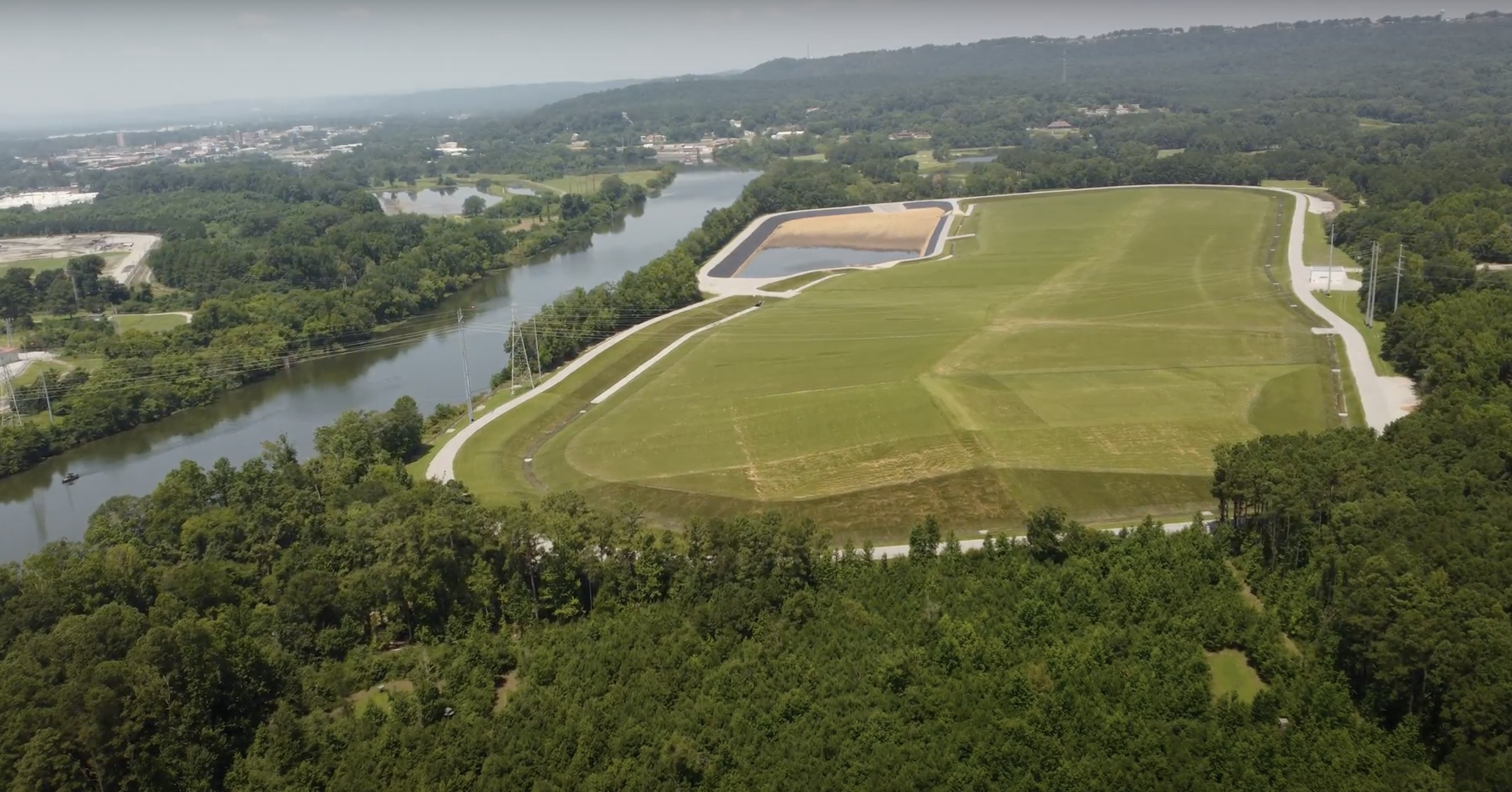Birmingham, AL (August 3, 2023) – In a landmark development today, the Environmental Protection Agency (EPA) proposes to deny Alabama’s coal ash program, written and overseen by the Alabama Department of Environmental Management (ADEM). EPA’s decision stems from the significant risks unlined toxic coal ash disposal areas pose to local communities and waterways. The proposed decision marks the beginning of a public comment period, empowering Alabamians to demand a responsible coal ash regulatory program that protects them and the places they love.
EPA’s proposed denial sends a clear message: ADEM’s permitting program has failed to protect Alabama communities by allowing coal ash to be disposed of irresponsibly along rivers and in the wetlands that feed them. For years, Alabama Power has claimed incorrectly that the fact ADEM has allowed them to leave hundreds of millions of tons of toxic ash in leaky, unlined pits by rivers proves their closure plans are safe and legal. Now that the EPA confirms these dangerous practices put people, wildlife, and waterways in harm’s way. ADEM must strengthen its permitting to stop the contamination of local waterways if it wants to administer a coal ash regulatory program in Alabama.
ADEM has allowed Alabama Power to contaminate groundwater, creeks, and lakes for decades by allowing coal ash to sit in and leak toxins into groundwater at Plant Gadsden on Neely Henry Lake and Plant Gaston on Lay Lake along the Coosa River.” says Justinn Overton, Coosa Riverkeeper. “This proposed denial from EPA sends a clear message that echoes our thoughts for years– our state permitting program fails to protect people, wildlife, and waterways in Alabama while protecting Alabama Power’s bottomline. It is critically important that people show up and voice their concerns at the public hearing on Wednesday, September 20th.”
Across the Southeast, states like Virginia, North Carolina and South Carolina have required utilities to clean up coal ash contamination, with over 250 million tons of hazardous coal ash being excavated from unlined pits near waterways. These materials are either recycled or disposed of in modern, lined landfills away from rivers. Even Alabama Power’s sister company, Georgia Power has recycled or properly disposed of over 65 million tons of ash. EPA’s decision makes clear that Alabama can no longer be the outlier and must implement similar safeguards.
The EPA’s proposed denial triggers a public comment period, culminating in an in person hearing on September 20th, in Montgomery, Alabama and a virtual hearing on September 27th. This process provides concerned Alabamians with the opportunity to submit comments supporting the EPA’s decision, urging Alabama to reform its coal ash program. More details on the comment process will be forthcoming.
With the support of engaged Alabamians and the EPA’s firm stance, Coosa Riverkeeper remains hopeful that Alabama will adopt a permitting program that prioritizes the protection of both people and ecosystems in Alabama.
In-Person Public Hearing Details
- Date: September 20, 2023
- Time: 9:00 a.m. to 6:00 p.m. (Central Time)
- Location: Montgomery, Alabama
- Registration: Register for this public hearing
Purpose of the In-Person Hearing
The hearing is being held in response to the EPA’s proposed denial of the application submitted by the Alabama Department of Environmental Management for the state’s CCR permit program. It will provide interested persons the opportunity to present information, comments, or views concerning the EPA’s proposal.
Online Public Hearing Details
- Date: September 27, 2023
- Time: 9:00 a.m. to 6:00 p.m. (Eastern Time)
- Registration: Register for this public hearing
Purpose of the Online Hearing
The online hearing is in response to the EPA’s proposed denial of Alabama’s CCR state permit program. It will allow interested persons to present information, comments, or views about the EPA’s proposal.




